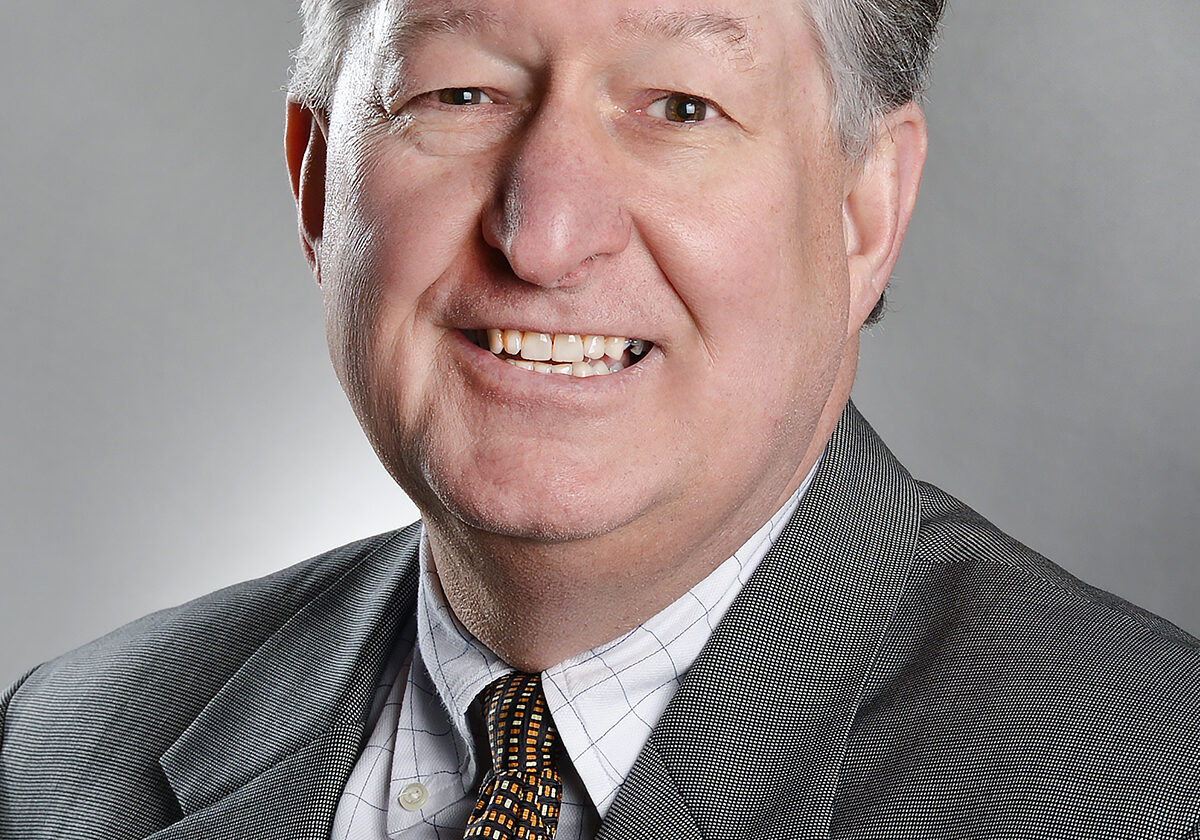
Brian Matlock is a seasoned senior corporate counsel and former law firm partner with extensive experience in corporate law, securities regulation, mergers & acquisitions, technology transactions, intellectual property, and complex litigation. He has successfully saved clients millions in litigation costs and provided strategic advice to private equity firms, venture capitalists, tech companies, and closely held businesses. His expertise has led to favorable outcomes in negotiations, settlements, arbitrations, and litigation, securing millions in client savings and verdicts.
Recently, Brian served as general counsel for Amphastar Pharmaceuticals, managing FDA New Drug Applications, major litigation, and corporate compliance. He also worked as senior counsel with Intel Corporation on a $10B spin-out transaction, driving significant cost savings and generating substantial licensing revenue.
In addition to his legal expertise, Brian has a strong background in technology commercialization and licensing within university settings and has played a pivotal role in securing up to $60MM in equity funding for startups. His earlier career includes engineering, business development, and R&D management roles with global manufacturers, where he was recognized as a top performer.
Brian has led legal teams in high-stakes matters, including saving a client over $1MM in lost profits and securing $600K in new revenue in a trade secrets mediation. He has advised C-level executives and Fortune 500 managers on dispute resolution, licensing, R&D, acquisitions, international business, and capital finance. His work also includes closing numerous exclusive licensing and research agreements at the University of Missouri-Columbia and leading legal efforts as general counsel at Shift Pharmaceuticals and ImpeDx Diagnostics in Kansas City.
Uncertainty About Continued Viability of the “Discovery Rule” in Copyright Statute of Limitations
A recent dissenting opinion of the U.S. Supreme Court in Nealy,1 a copyright infringement case, casts doubt on the future viability and durability of a dominant interpretation of the statute…
When is a design patent indefinite?
As design patents grow in popularity due to their cost-effectiveness and strong remedies, recent court rulings have sharpened the focus on how clearly patent drawings must define an invention, setting…
Standing Rights
Due to the lower threshold required for satisfying constitutional standing, a prospective plaintiff may meet the constitutional standing test but fail the one for statutory standing ALL PATENT INFRINGEMENT lawsuits…



